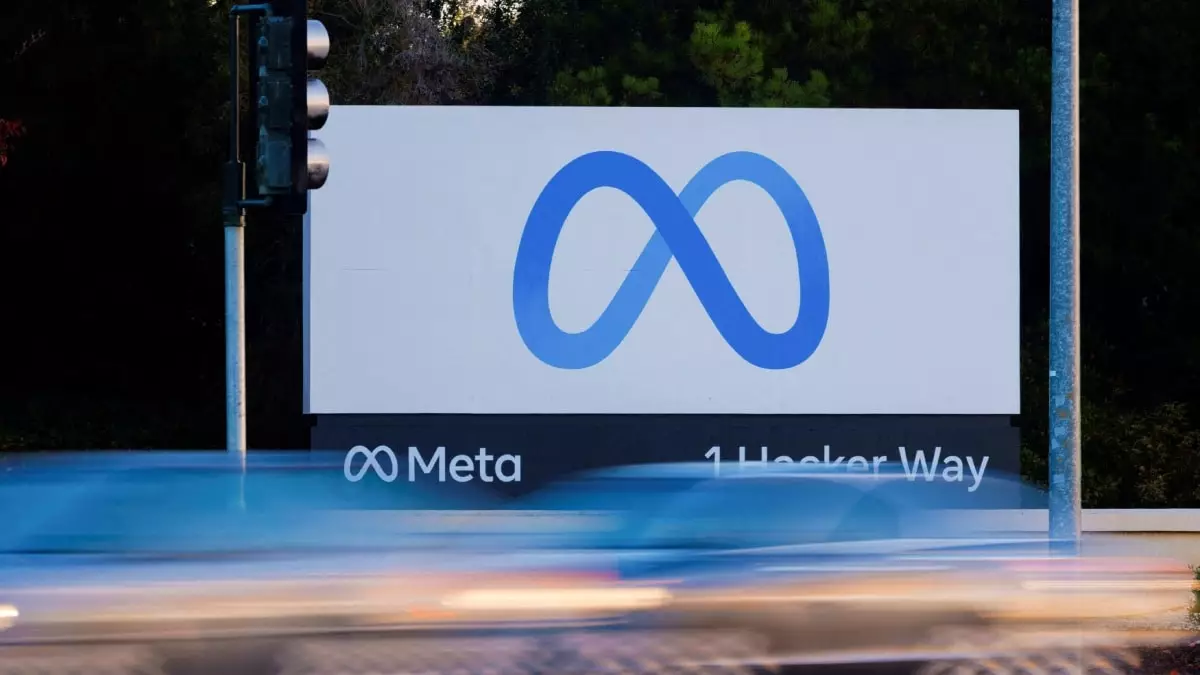The recent fine imposed on Meta, the parent company of social media platforms like Facebook and Instagram, serves as a stark reminder of the importance of data privacy and cybersecurity. The European Union’s decision to penalize Meta a hefty sum of 91 million euros (roughly $101.5 million) for inadequately securing user passwords exemplifies the ongoing struggle between regulatory bodies and tech giants. The inquiry first initiated five years ago raised alarms when Meta disclosed to the Irish Data Protection Commission (DPC) that user passwords had been stored in an insecure manner, namely without encryption, often referred to as ‘plaintext.’
When analyzing the issue, the most critical aspect is the practice of storing passwords unprotected. This lack of encryption poses a substantial risk, as plaintext storage could lead to malicious exploits if unauthorized individuals gain access to this sensitive data. Graham Doyle, the Deputy Commissioner of the Irish DPC, underscored this concern, indicating that the security protocols expected in the handling of user data are fundamentally violated in such instances. Although the DPC reported that the passwords were not accessible to any external parties, the breach itself raises questions about the internal processes and controls at Meta.
In response to the DPC’s investigation and consequent findings, a Meta spokesperson remarked that the company took swift action to rectify the issue once it was discovered during a routine security review in 2019. The narrative they presented indicates a commitment to addressing security flaws; however, one must question whether corrective measures were sufficient or timely enough. Meta, which has endured criticism regarding its handling of user data in the past, must now face the ramifications of this breach both financially and reputationally. The company has been under the regulatory microscope for several years, resulting in cumulative fines that now amount to a staggering 2.5 billion euros due to various breaches of the General Data Protection Regulation (GDPR).
Since its implementation in 2018, the GDPR has been a pivotal framework guiding data protection across Europe. Meta’s ongoing legal battles, including a significant 1.2 billion euros fine in 2023, underscore the challenges that major tech firms face in aligning their operations with stringent regulatory standards. Even as Meta argues against this latest ruling, the broader implications for the industry are clear: compliance is not just a box to check but a fundamental commitment to user safety and privacy.
As the landscape of digital communication continues to evolve, this incident should serve as a wake-up call for both corporations and regulators. For Meta, the financial penalty may merely be a fraction of their revenue, but the potential erosion of consumer trust can have far-reaching effects. Furthermore, as regulatory authorities become increasingly vigilant, it is crucial for all tech enterprises to invest not only in robust security infrastructure but also in fostering a culture of accountability that prioritizes user safety above profitability. The question now lingers: how will Meta and similar corporations adapt to an environment where data protection is paramount?


Leave a Reply